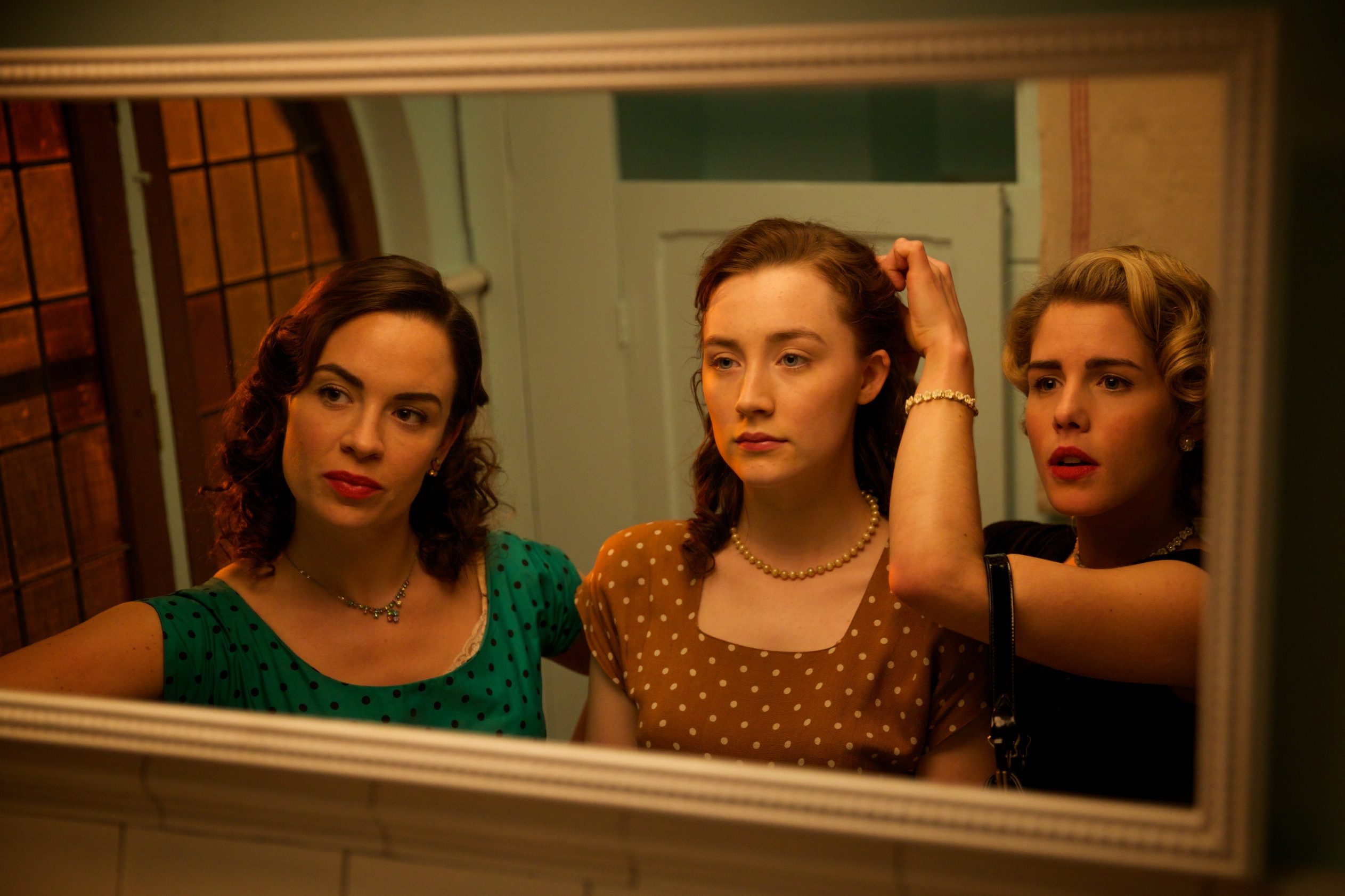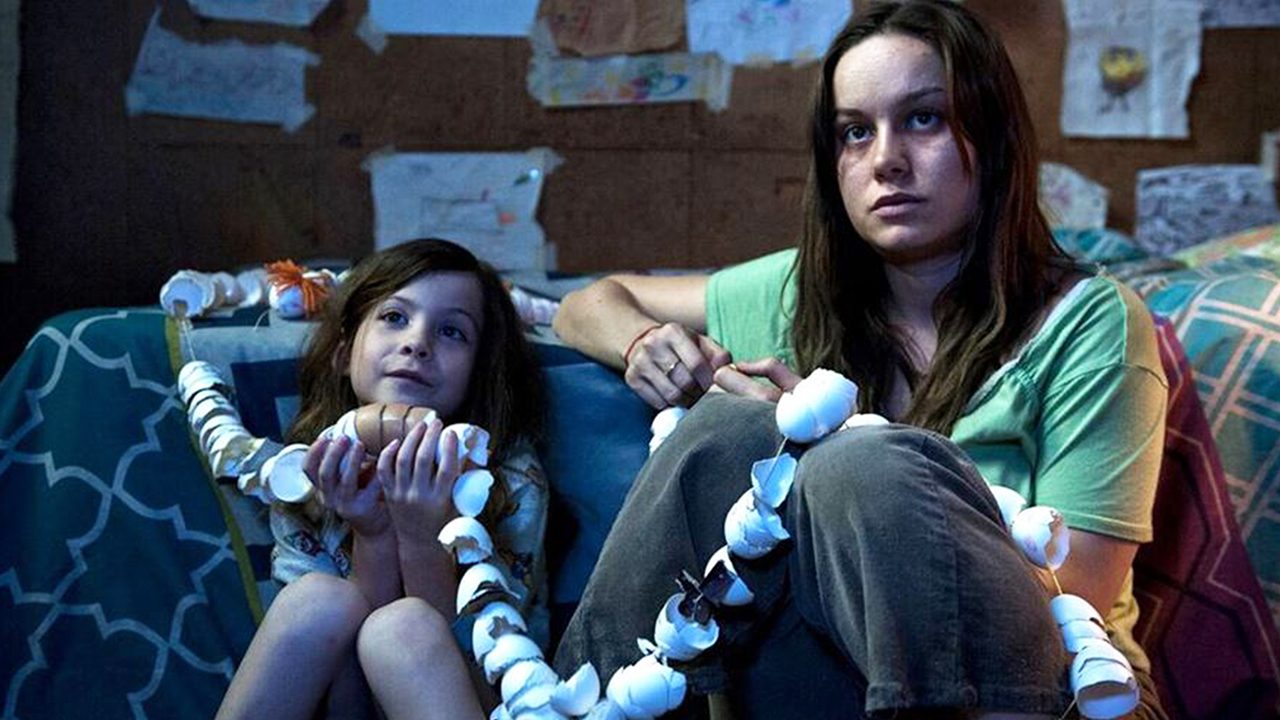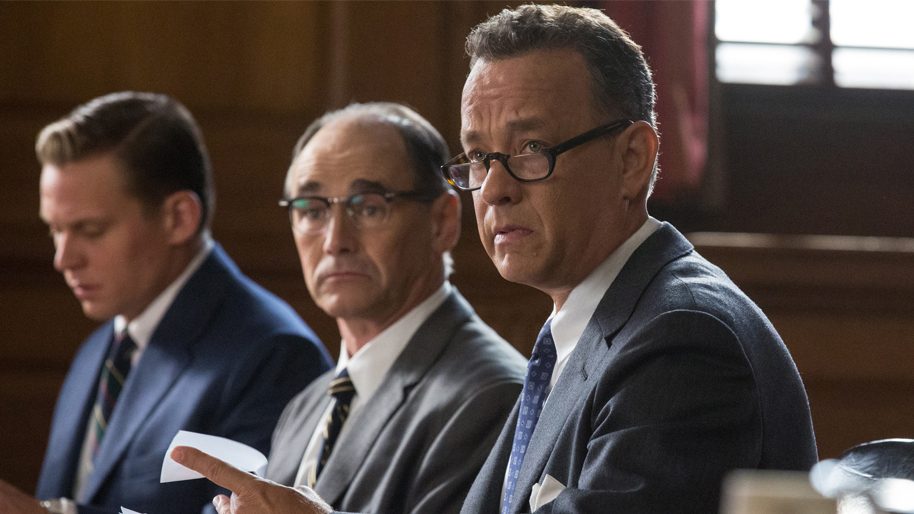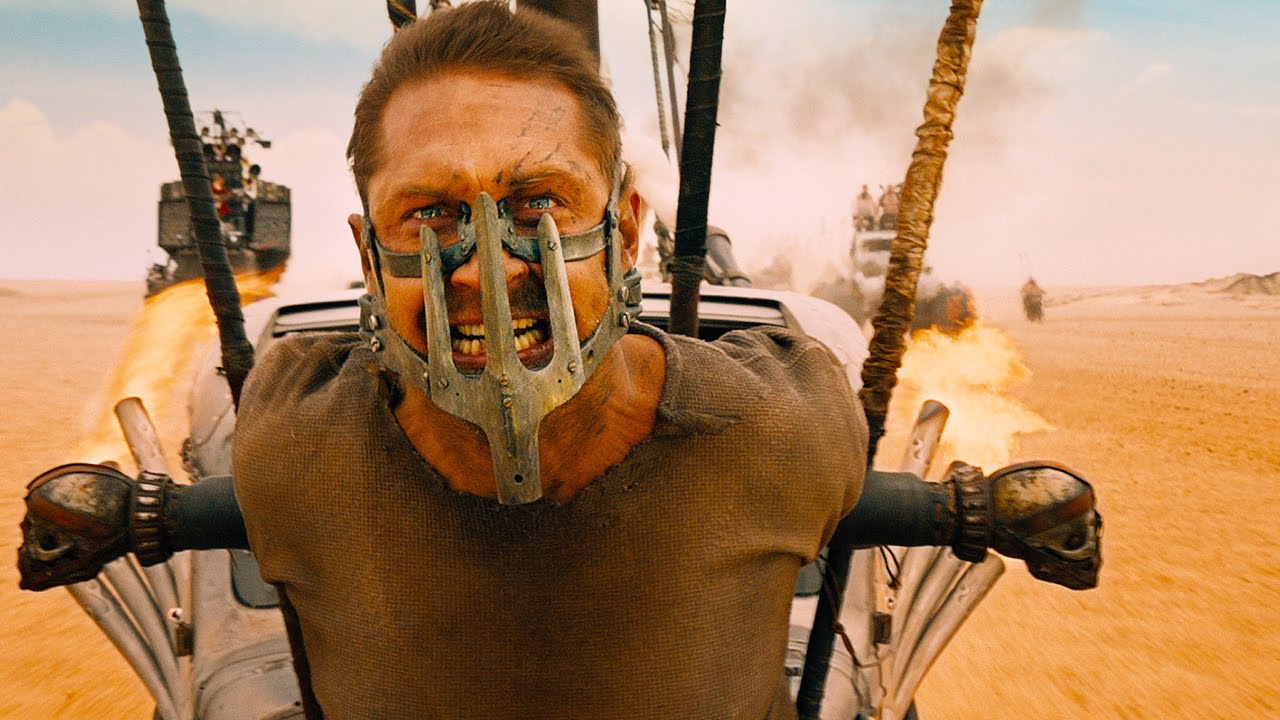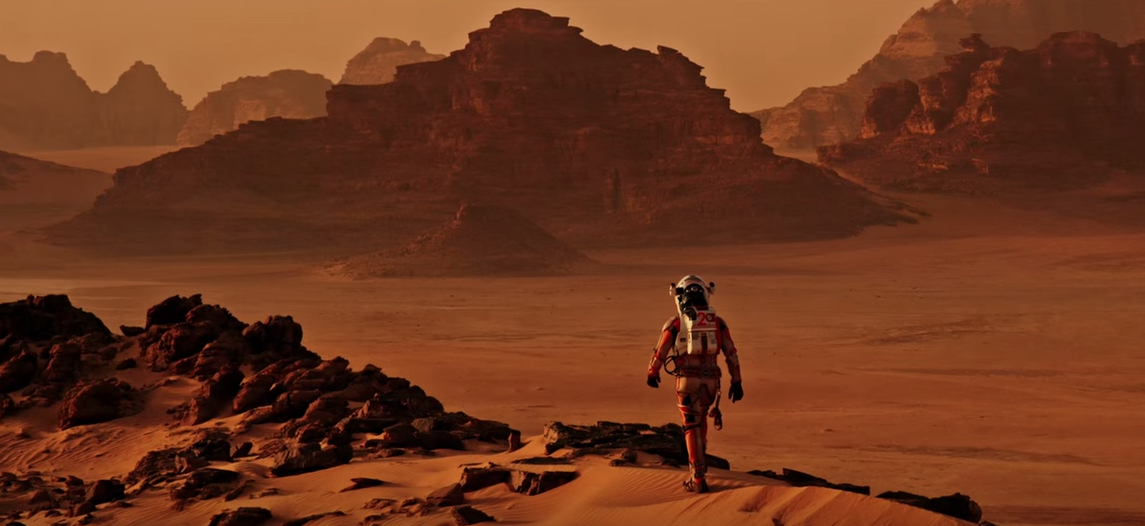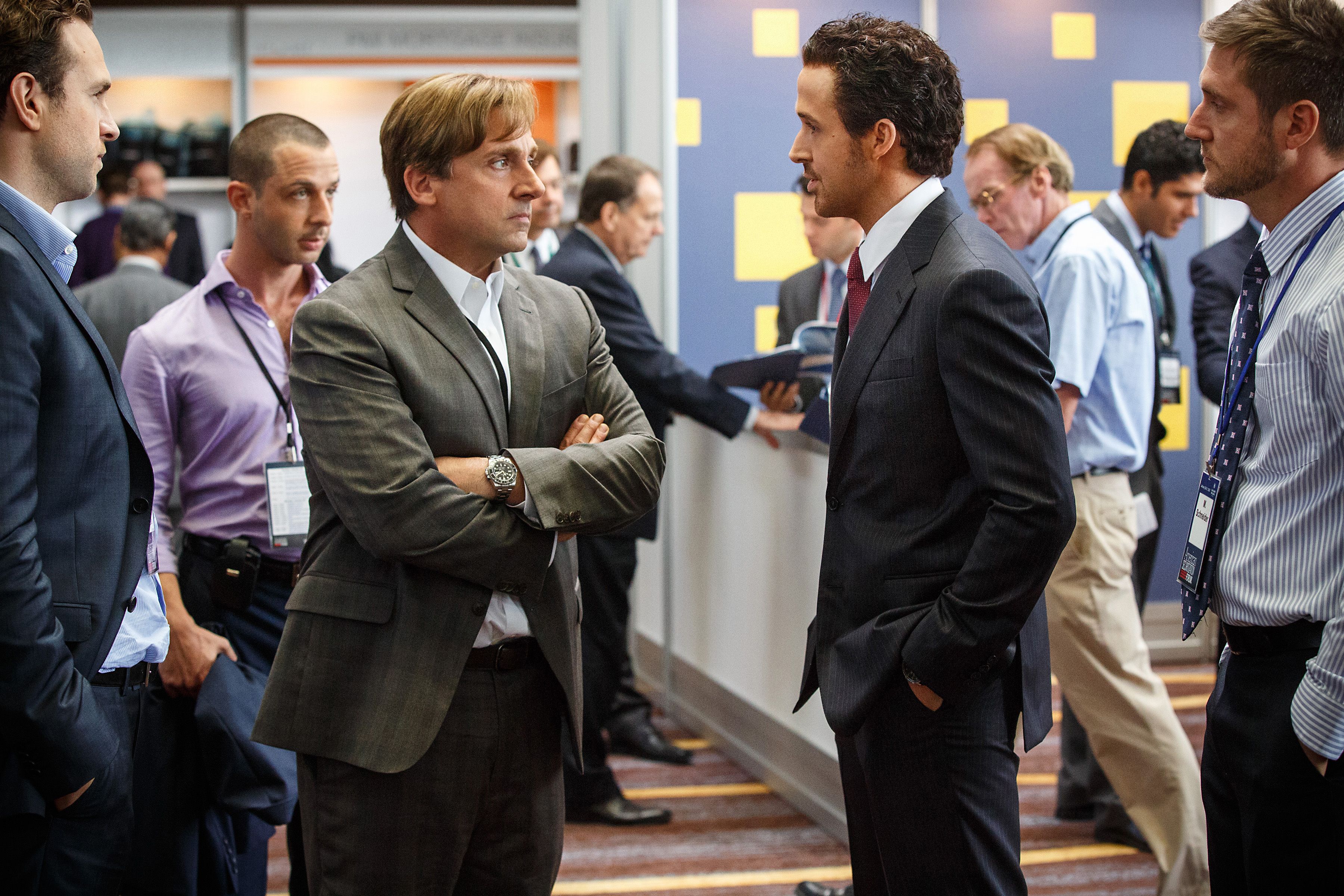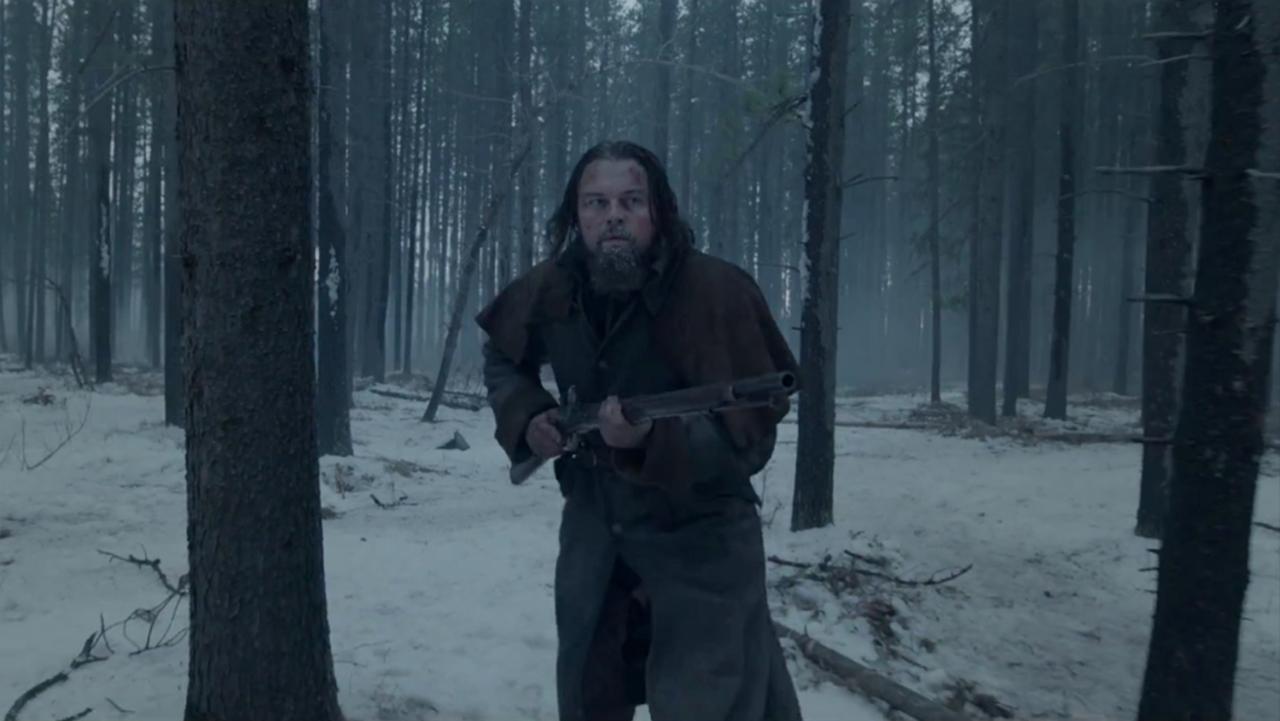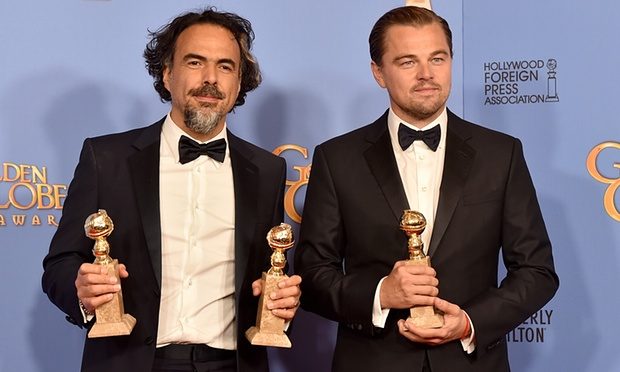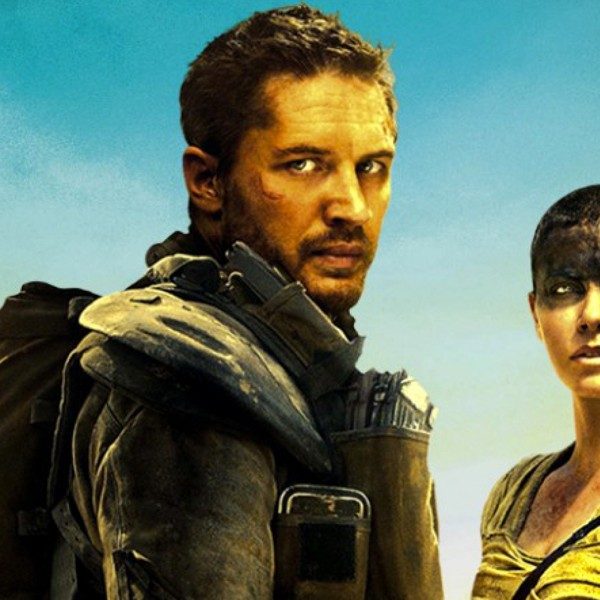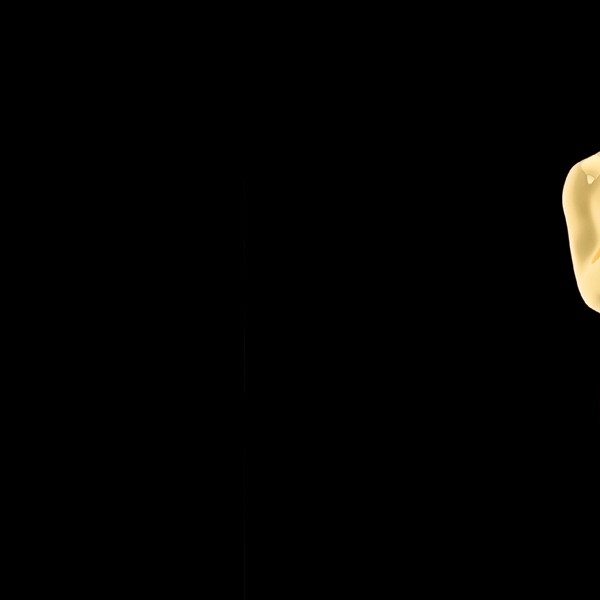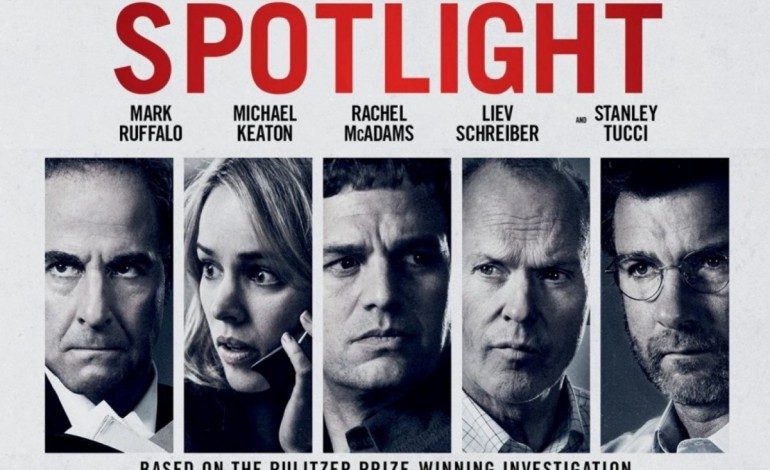

The 2016 Oscars. Eight movies are up for best picture, and I’ve seen all of them. Which is the most deserving? Although only two are in real contention (although The Big Short is picking up steam, it’s probably not enough to carry it to the finish line), I took the time to go through all eight, so I might as proffer my thoughts on the entire list using these quite reasonable Vegas odds.
BROOKLYN (50 to 1)
Perhaps the best movie to exemplify the #OscarsSoWhite campaign and the “old and out of touch” accusations levied against voters, Brooklyn sits at the bottom of the list of potential best picture winners and rightfully so. It is by far the least deserving Oscar nomination this year. Brooklyn is fine for what it is – in fact, it’s better than what it should be thanks to a picturesque visual style by director John Crowley, a understated screenplay by acclaimed writer Nick Hornsby, and all around good acting – but what it is isn’t really anything special.
I can understand Brooklyn‘s appeal – both critically and, surprisingly, commercially with a domestic take of over $30 million. The strength of this 1950’s-set immigrant tale comes from it being a simple, old-fashioned love story. The biggest issue faced by Saoirse Ronan’s Eilis is homesickness, and the biggest conflict is between which two cute boys our protagonist will choose. I fully recognize the attraction of revisiting a more ‘whitewashed’ view of past – a world before revisionist historians got their hands on our myths and turned them into horror stories. However, the Best Picture slot should be reserved for something more challenging or interesting or poignant or relevant. The Hateful Eight, Inside Out, Ex Machina, Straight Outta Compton, Beasts of No Nation (if Netflix dagger wasn’t hanging over its head) and Anomalisa are just some of the movies that more deserved this slot. Of course, if Brooklyn didn’t get the nomination, it could have easily gone to more cloying Oscar baity movies like Suffragette or Freeheld, so let’s call this a push. Besides, only two movies matter for the main award this year, so the Academy could have shoved Spectre into the slot and nothing would change.
Furthermore, although some might give Brooklyn a few Diversity Points for being a female-led movie in a year where all anyone can talk about is the lack of minority representation at the Academy Awards, Brooklyn, probably more than any other movie on the list, most exemplifies the underlying factor driving the controversy – the old school mentality that makes the Academy reluctant to change or recognize varying viewpoints.
ROOM (40 to 1)
Room will probably be seen as the Whiplash of 2015. It’s yet another small, independent film focused around the emotionally intense relationship between two characters – this time Brie Larson’s Ma and Jacob Tremblay’s Jack as opposed to Miles Teller and JK Simmons. While both Room and Whiplash can easily be seen from the comfort of one’s home rather than benefiting from the big screen experience, they both ended up being talked about and recommended a lot more than was to be expeted. And although both films are perhaps a bit too insular and too personal to be worthy of the main award, they nevertheless ended up as genuine standouts of their respective years. Also of note is that this character study is the only movie of the eight set in modern times.
BRIDGE OF SPIES (30 to 1)
Steven Spielberg’s best movie since Munich ends up covering very similar territory but in different ways. While they’re both Cold War-era political dramas that look at how major world powers deal with escalating tensions, this one handles its crises through talking and negotiations rather than through vengeance. However, there is still plenty of old school spy tactics in both, and I’m a sucker for pre-digital espionage.
With Bridge, the feeling of disconnect that has plagued most recent Spielberg movies actually serves him well here, as it allows him to tell the story with a cold, serious intensity without drifting into melodrama or conspiracy theories or anti-American sentiment. However, this tendency of Spielberg is complemented by the script co-written by the Coen Brothers, which adds enough of their quirky dark comedy to breathe a unique quality of life into the story and keep it from being an emotionless slog.
The performances in this movie should also be noted. Between his role as James Donovan in this film and as Captain Philips in Captain Philips, Tom Hanks has done a remarkable job of putting his classic ‘Every Man’ character into situations that genuinely affect the entire world yet who maintain their quality as stand-up men without seeming overly moralistic or idealistic. However, the biggest credit should go to Mark Rylance as alleged Russian spy Rudolf Abel, who imbued his character with a gentleness and calmness that provided the movie with its genuine heart and sympathy. He provided a rare sort of humanity for a character that could have easily been a throwaway role. While Sylvester Stallone is considered the odds-on favorite for Best Supporting Actor for his role as Rocky Balboa in Creed, Rylance gave the richer performance. Waiting to see how the Soviets responded to Abel at the end provided a much stronger emotional punch than any of the Italian Stallion’s medical issues.
MAD MAX: FURY ROAD (20 to 1)
Who would have thought Mad Max: Fury Road would have been even close to a Best Picture nomination, no matter how great it was or how many people loved it when it first came out? Obviously part of its success is that this has been a less than stellar year for movies, but one cannot deny that Mad Max: Fury Road is a genuinely beloved and respected film. Of course it cannot win, it’s far too out there for a Best Picture winner – but if Brooklyn shows how the Oscars are stuck in the past, Mad Max: Fury Road gives hope for the future. Although Mad Max is expected to clean up in technical awards (e.g. sound design), I personally most hope that it takes home Best Costume Design. Its innovative style and design shows a true creativity in look and feel that Oscars tend to ignore in favor of the vintage boutique look of The Danish Girl and Carol.
THE MARTIAN (8 to 1)
The highest grossing movie of this year’s batch of best picture nominees, The Martian is also one of the most fun movies of 2015. It’s surprising that Ridley Scott wasn’t nominated for best director (as he should have been), but The Martian is that mass blockbuster that we’ve wanted to see nominated since The Dark Knight forced the Academy to increase the Best Picture nominees to 10 before they altered it again to between 5 and 10. However, fun doesn’t win Oscars.
THE BIG SHORT (8 to 1)
Since winning Best Picture from the Producer’s Guild of America, The Big Short has recently emerged as an underdog favorite for the biggest honor. However, this recent push and hype might too little, too late for it to rise to the level of a true contender – similar to that last minute push Inglourious Basterds got for the 2009 Oscars when the real battle was between Avatar and The Hurt Locker. (However, more than five years later Inglourious Basterds is far more talked about (as well as being the best of the three from the start).)
A little Wolf of Wall Street with tad more social posturing, The Big Short ended up being a lot more entertaining than most people expected it to be. After being burned so many times with movies about the 2008 housing collapse, The Big Short was a welcome surprise. Clever and funny with a terrific cast, it managed to be somewhat informative without talking down to the audience. With his first real foray out of Will Ferrell territory, Adam McKay established himself as a director with a lot of potential to use humor to tackle very serious and heavy material, and it will be exciting to see what he does next. But much like The Martian with its PG-13 fun, The Big Short‘s R-rated fun isn’t the type that wins Oscars, plus its subject matter might still be a bit too controversial/touchy for some voters.
THE REVENANT and SPOTLIGHT (6 to 5 / 4 to 5)
Like most years, there are only two real contenders for Best Picture and it seems right to talk about them simultaneously – if only because director Alejandro González Iñárritu finds himself in a very similar situation as he did last year when his Birdman swooped in and stole all the acclaim from long-time favorite Boyhood. However, while Boyhood fell in popularity once the initial awe of “It Took 12 Years To Make” wore off, writer-director Tom McCarthy’s Spotlight has continued to grow in estimation and acclaim.
Despite its universal critical love, Spotlight has always seemed like a surprising lead for best picture. Regardless of how great a movie is, the “Best Picture” generally needs some flair, and Spotlight has anything but (by design, it should be noted). It would probably be the most straightforward Best Picture winner since Kramer v. Kramer nabbed the win from Apocalypse Now during the 1979 Academy Awards (and if you ever wanted proof as to the overall irrelevance of the Oscars…). In any year, Spotlight would almost certainly be a nominee for Best Picture, but to actually win the title? Probably not. I’m not trying to be derogatory towards the film; movies can be genuinely great, but “Best Picture” is traditionally something else. Winners need that extra jolt of remarkable filmmaking (or social justice prowess) plus some level of mass appeal, so a movie whose biggest strength comes from lacking those things seems out of place.
On the flip side, we have The Revenant, and it’s kind of interesting that the two biggest contenders for best picture this year are so diametrically opposed. While The Revenant is a film with amazing visual style and directorial flourishes that primarily operates in silence and visceral reactions, Spotlight is a film with flat visuals (not a knock; it served the story) that uses a humanistic, dialogue-focused framework. It’s the One vs. the Ensemble. The sheer will to live vs. pure logic and research. The search for revenge vs. the search for the truth. $360 million worldwide box office vs. $50 million worldwide box office. A director whose last film won Best Picture vs. a director whose last film (Tom McCarthy’s The Cobbler) was shameful even for an Adam Sandler movie.
Though the question remains, why the ridiculous success for Spotlight leading up to this competition? I believe a key reason is that Spotlight benefited from being released earlier in the year in a year where there were very few standout movies. Similar to Boyhood, which came out last summer, movies that have been around longer might have an advantage over later-in-the-year features. Critics have the time to percolate on these films and get a sense about which way the wind is blowing for favorites. For acclaimed movies especially, months of reviews, features, and interviews don’t just keep the film in one’s mind, but help to highlight the achievement and nuances in making the film itself. Something like The Revenant, which only had its premiere in mid-December, might end up slotted into end-of-year lists rather than defining them.
The Verdict
Based on what Best Picture ought to be and generally is, The Revenant has the edge on Spotlight. It’s the bigger and more interesting film that represents one of this year’s most genuine stand-out achievements in filmmaking (although Spotlight is one of the best on terms of narrative storytelling). It’s almost certainly a shoo in for best director and best actor, but as for best picture? I’m going with yes. Good as it is, Spotlight just lacks the panache that comes with the honor.

